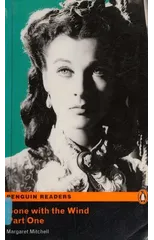This volume presents the new contexts and challenges for contemporary police leaders and managers in the changing landscapes of policing. The governance of contemporary police organisations requires leaders and managers, even at the local level, to work in and understand complex social, political and organisational environments. The wide range of topics in this collection explores what is changing, what is known about the impact of these changes and what leaders and managers now need to be able to do or anticipate as a consequence. Operational policing is no longer the militaristic singular activity it once was, but embraces new models of 'partnership' and 'community' to manage crime and disorder. Equally, while command and control models are still an essential of many aspects of policing, managing police officers and staff increasingly depends on their professional development and encouraging enthusiasm and innovation. Policing takes place under conditions of intense scrutiny from the media and from the community; and crime and disorder is the subject of much political debate. Each of these broad areas are addressed and present a surprising range of perspectives. The volume is aimed at every level of management and leadership in policing, researchers of policing and students of police management and leadership.
Margaret Mitchell
Margaret Mitchell was an American novelist best known for her epic historical novel "Gone with the Wind," which won the Pulitzer Prize for Fiction in 1937. Mitchell's writing style is characterized by vivid descriptions, strong character development, and a keen focus on the Southern United States. "Gone with the Wind" remains one of the best-selling novels of all time and has had a lasting impact on literature, particularly in the genre of historical fiction. Mitchell's contribution to literature lies in her ability to capture the complexities of the American South during the Civil War and Reconstruction eras.





